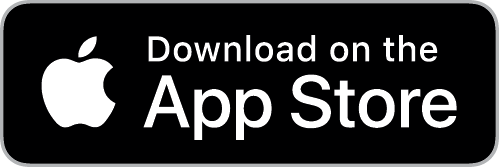Emergency Department Tips
When to Visit the Emergency Department
A trip to the emergency department is never fun. But being prepared can make your experience a little easier.
First, know when to visit. Consider your condition — could you be seen by your primary care, orthopaedic urgent care or general urgent care location? Or, does your condition require immediate attention? If so, don’t delay treatment and visit one of our emergency department locations right away.
If you feel you are experiencing a medical emergency and need immediate assistance, please dial 9-1-1.
If an emergency department visit is needed, know what to bring. See our list of items to bring with you that will help to expedite your visit.
KNOW WHERE TO GO.
Primary Care? Urgent Care? Emergency Department?
You have the whole WakeMed network for support.
- Primary Care providers leave room in their schedule for non-life-threating sick visits.
- Urgent Care providers see patients after hours and can also accept walk-ins for non-life-threating illnesses and injuries.
- Emergency Departments are for serious or potentially serious trauma and illnesses. These might include chest pain, severe burns and difficulty breathing.
Learn More About
Where to Go
Common Conditions Treated in the Emergency Department
The following is a list of conditions typically treated in the emergency department. If you are experiencing any of the following, please seek medical attention as soon as possible. If you are experiencing a medical emergency and need immediate assistance, please dial 9-1-1.
- Chest Pain/Shortness of Breath
- Stroke
- Serious trauma or injury
- Poisoning
- Severe allergic reaction
- Large cuts/open wounds with uncontrolled bleeding
- Open or large bone fractures
- Complications related to pregnancy
- Burns
- Loss of consciousness
- Acute abdominal pain
- Seizures
- High and uncontrolled fevers (especially in children)
- Head injuries
What to Bring When you Visit the Emergency Department
- Bring any items you may need for several hours away from home.
- Bring any applicable insurance information.
- Carry pocket change for vending machines or pay phones.
- Inform the nurse if your condition worsens while in the waiting room.
Information to Bring with You to the Emergency Department
If you need to come to WakeMed Emergency Department take along the following to expedite your visit:
Medications
- Please provide the staff with a list of the medications you take (prescription, over-the-counter, vitamins, herbal supplements, etc.), including the dosages and how often you take them each day.
Emergency Contact Information
- The name, address and phone numbers for your primary and secondary emergency contacts.
Insurance Information
- If you have health insurance, have the insurance company's name and phone number handy as well as your group and/or policy numbers.
- Our Emergency Department staff is committed to providing care to all individuals in need of emergency medical assessment and treatment regardless of health insurance coverage.
Primary Care Provider Information
- Include your primary care physician's name, address and phone number.
Medical Conditions & Surgery Information
- Please tell the staff about any medical conditions you have and any major surgeries you have undergone.
Allergy Information
- If you have any allergies to medications, food, plants, bee stings or other substances, please tell the staff.


